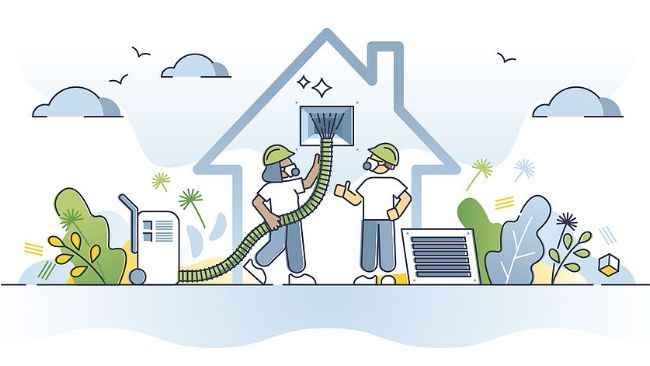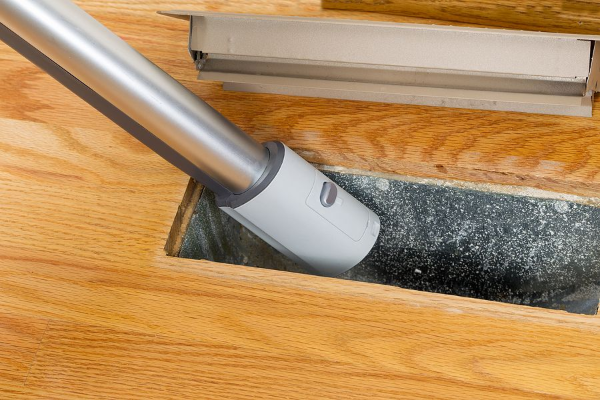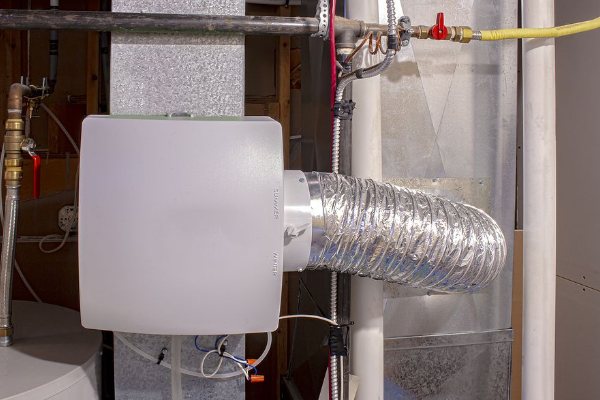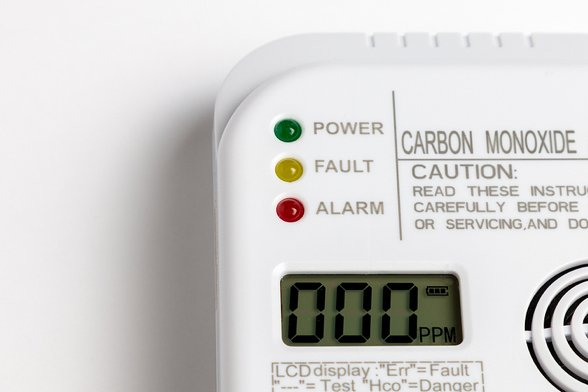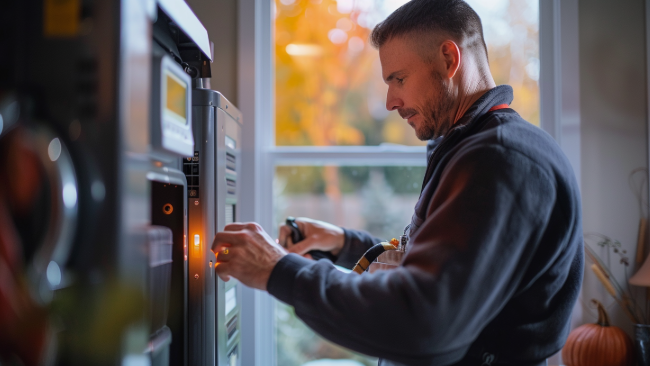Is Your Furnace Ready for Winter?
When the weather starts to cool down, you may consider turning on your furnace. But before you do, it's time to get a tune-up.
What is a Furnace Tune-Up?
A furnace tune-up is part of routine furnace maintenance. A technician or HVAC contractor comes to your home and makes sure that your heating system is operating securely and effectively and is all ready for those coming cold winter months.
"But my furnace should be working just fine," you may think. And it should. However, it's always better to be safe than sorry when it comes to staying comfortable during winter and keeping you and your family safe from any danger.
Why Is a Furnace Tune-Up Important?
Over time, your furnace can accumulate dust and debris, reducing its performance and increasing the likelihood of something malfunctioning. A furnace tune-up is a simple preventative measure that ensures your heating system is clean and running smoothly, safely, and efficiently. There are plenty of benefits. Here are three of the most important ones.
Save Money on Energy Bills
Sometimes common heating mistakes or dirty parts can cost you quite a bit of money on utility bills. When your furnace is operating at optimal efficiency, it requires less energy to heat your entire home. You will also save money on your heating bills, particularly during the winter months when your heating system is working overtime.
Increase the Lifespan of Your Furnace
A furnace tune-up can assist in identifying possible issues with your heating system before they become significant problems. You can prevent expensive repairs and prolong your furnace's life by detecting these issues now rather than later.
Ensure Safety
If your furnace is not correctly maintained, it can be dangerous. A furnace tune-up can aid in the detection of any problems with your system, such as carbon monoxide leakage, gas leaks, or other possible dangers. A quick tune-up could actually save your life.
What Happens During a Furnace Tune-Up?
Here are a few things that a typical furnace tune-up will include.
Inspection of All Furnace Components
An HVAC expert will examine all the components of your furnace to ensure that they are in good working condition and are free of wear and tear, holes, or other damage. This includes checking the blower engine, heat exchange, burners, and other crucial components.
Cleaning the Furnace Components
The technician will also clean the blower engine, heat exchange, burners, and other components to eliminate accumulated dust or residue. This will help your heater work better and reduce the chance of something going wrong.
Lubrication of Parts and Replacement of Filters
The moving components of your furnace should stay lubricated. This can help to minimize friction, which can quickly shorten the lifespan of your furnace by causing stress and wear on the parts.
The HVAC contractor will also replace the filters to ensure that there is clean and proper airflow through the heating system and your home.
Testing Carbon Monoxide Levels
Carbon monoxide is a silent killer. It's a byproduct produced when your furnace system burns gas or oil. Usually, it is safely directed outside of your home. However, as your HVAC system ages, it could leak inside your home, posing a deadly hazard. An HVAC expert will test the carbon monoxide levels in your house to ensure that your furnace is not leaking. This step is crucial for guaranteeing the safety of your family.
When Should You Schedule a Furnace Tune-Up?
It's recommended to get a tune-up once a year. Generally, you should schedule it in the fall before you begin regularly using your furnace. This will help to ensure that your heating system is ready when you need it the most.
If you have an older furnace or have noticed that your heating bills are slowly increasing, this is also an excellent time for a tune-up. An HVAC contractor can help you identify problems with your system and suggest repairs to keep it running smoothly and save you money.
Why Should You Hire a Licensed HVAC Contractor?
When it comes to scheduling a furnace tune-up, you should hire a licensed HVAC contractor. This is because a licensed contractor is a professional who knows your HVAC system well and can efficiently detect any trouble. They have the experience, knowledge, and training to guarantee that your furnace operates safely and at peak performance.
What Are You Waiting For?
A furnace tune-up is integral to keeping your HVAC system in good working order and your house safe and comfortable. You can improve the efficiency of your furnace, reduce the risk of malfunctions, and possibly save money on your energy bills by scheduling a tune-up with an HVAC contractor.
So, please don't put off scheduling your heater tune-up until it's already cold or something is wrong with your furnace. Just get it scheduled. To request furnace tune-up services or other HVAC and heating system services,
visit our website.

